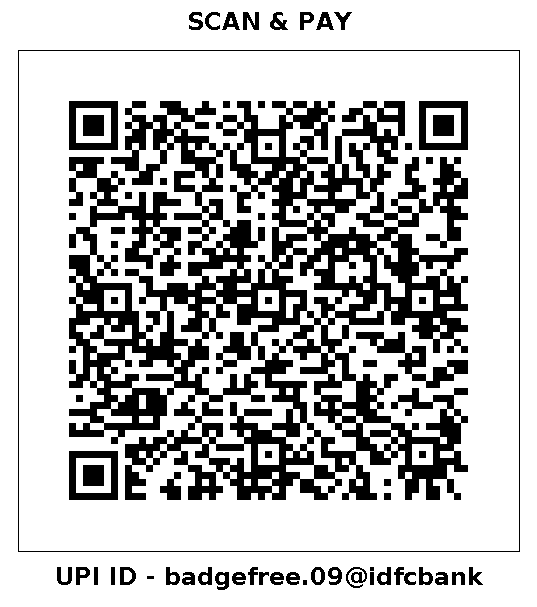In the ever-evolving landscape of the workforce, the rise of the gig economy has reshaped traditional notions of employment. As a senior professional content creator deeply engaged in the realms of HR and business dynamics, I invite you to explore the multifaceted challenges and opportunities that HR professionals face in navigating talent management amidst the surge of freelancers and contractors.
The gig economy, characterized by a workforce comprised of freelancers, independent contractors, and short-term project-based workers, has transformed how businesses operate. This paradigm shift challenges conventional HR practices, requiring a reevaluation of talent management strategies to effectively harness the benefits of a flexible workforce. Let’s delve into the key aspects of HR in the gig economy, deciphering the intricacies of talent acquisition, engagement, and retention.
Understanding the Gig Economy
In the gig economy, individuals leverage technology platforms to offer their services on a temporary or project-specific basis. This shift from traditional full-time employment to freelancing has implications for both workers and employers. Understanding the dynamics of the gig economy is foundational for HR professionals seeking to navigate talent management in this new era.
Talent Acquisition in the Gig Economy
The acquisition of gig workers involves a departure from conventional recruitment methods. HR must adapt to sourcing talent from online platforms, assessing freelancers’ skills and reputations, and understanding the nuances of contract negotiations. Successful talent acquisition in the gig economy requires a strategic blend of traditional recruitment practices and an understanding of the unique needs and expectations of freelancers.
Onboarding and Integration of Freelancers
Once talent is identified, the onboarding process takes centre stage. The challenge for HR lies in efficiently integrating freelancers into the organizational culture and ensuring they have the necessary resources to excel in their roles. This involves providing clear guidelines, access to collaboration tools, and fostering open communication channels despite the remote nature of gig work.
Engagement and Retention Strategies
Engaging and retaining gig workers presents a distinctive set of challenges. Unlike traditional employees, freelancers may not feel a long-term commitment to the organization. HR’s role involves designing strategies that cultivate a sense of belonging, provide professional development opportunities, and recognize the unique contributions of freelancers. Balancing the flexibility they seek with a sense of inclusion is key to ensuring gig workers feel valued.
Performance Management for Gig Workers
Traditional performance management systems may fall short in evaluating the contributions of gig workers. HR must devise metrics that align with the project-based nature of gig work, emphasizing outcomes rather than hours logged. Continuous feedback, clear expectations, and transparent communication become crucial components of managing performance in a gig economy setting.
Legal and Compliance Challenges
Navigating the legal landscape of gig work introduces additional complexities for HR professionals. Classifying workers correctly, understanding tax implications, and complying with labour laws in various jurisdictions become paramount. HR must work closely with legal experts to ensure that the organization meets its obligations while providing a conducive environment for gig workers.
Benefits and Challenges of the Gig Economy for HR
Pros:
- Flexibility and Scalability:
The gig economy allows organizations to scale their workforce dynamically based on project requirements. HR can tap into a global pool of talent, ensuring the right skills are available when needed without the overhead costs associated with a permanent workforce.
- Diverse Skill Sets:
Gig workers often bring diverse and specialized skill sets. HR can strategically leverage this diversity to enhance the organization’s capabilities, tapping into a range of expertise that may not be readily available within a traditional in-house team.
- Cost Efficiency:
Hiring gig workers can be cost-effective for certain projects. Organizations can avoid fixed overheads associated with full-time employees, such as benefits and office space, and instead engage freelancers on a project-by-project basis, optimizing costs.
Cons:
- Lack of Long-Term Commitment:
Gig workers may not feel a sense of long-term commitment to the organization. This lack of loyalty can pose challenges in building a cohesive company culture and may require HR to implement strategies to foster engagement and loyalty among gig workers.
- Integration Challenges:
Integrating gig workers into the organizational culture can be challenging, especially when working remotely. HR must find innovative ways to ensure that freelancers feel connected, informed, and aligned with the organization’s goals, despite not being physically present.
- Legal and Compliance Risks:
The gig economy introduces legal and compliance risks related to worker classification, tax obligations, and labour laws. HR must stay abreast of changing regulations and work closely with legal experts to mitigate risks associated with gig work arrangements.
Conclusion
As we navigate the gig economy, HR professionals find themselves at the forefront of a transformative shift in talent management. The strategic integration of freelancers and contractors into the organizational fabric requires a nuanced approach that balances the flexibility of gig work with the need for engagement and commitment. The benefits of a flexible and scalable workforce are undeniable, but the challenges of integration, engagement, and legal compliance demand innovative solutions.
In conclusion, HR in the gig economy is not just about adapting to new recruitment platforms; it’s about redefining the very essence of talent management. The future of work is dynamic, and as a senior professional content creator, I encourage HR leaders to embrace the opportunities presented by the gig economy while proactively addressing its challenges. The ability to seamlessly navigate talent acquisition, onboarding, engagement, and legal complexities will define the success of HR in this evolving landscape, where the gig economy is not just a trend but a fundamental shift in how we conceive and manage work.





